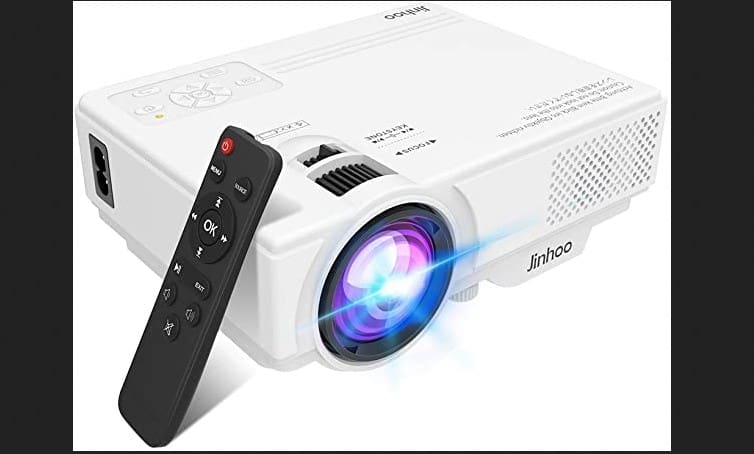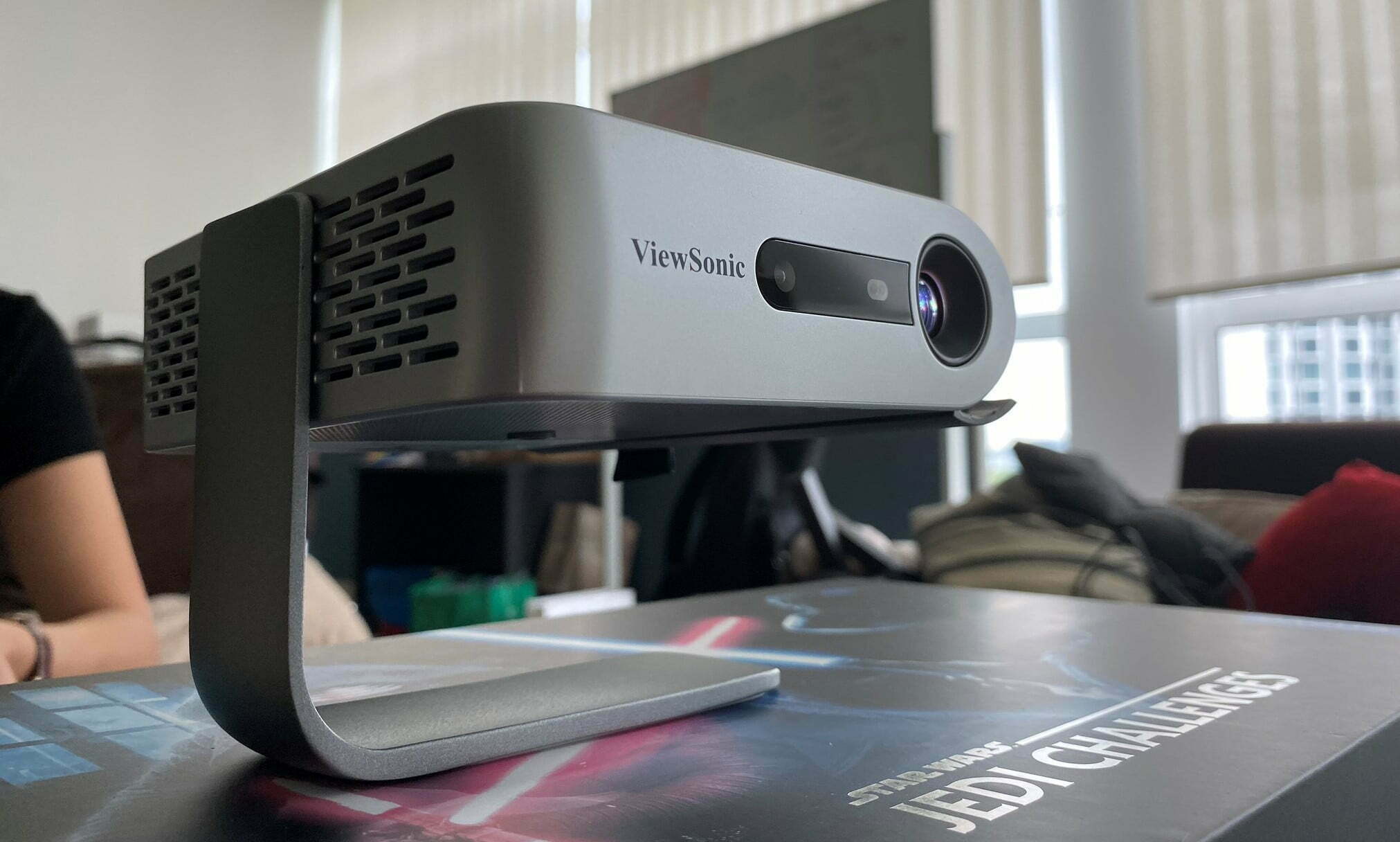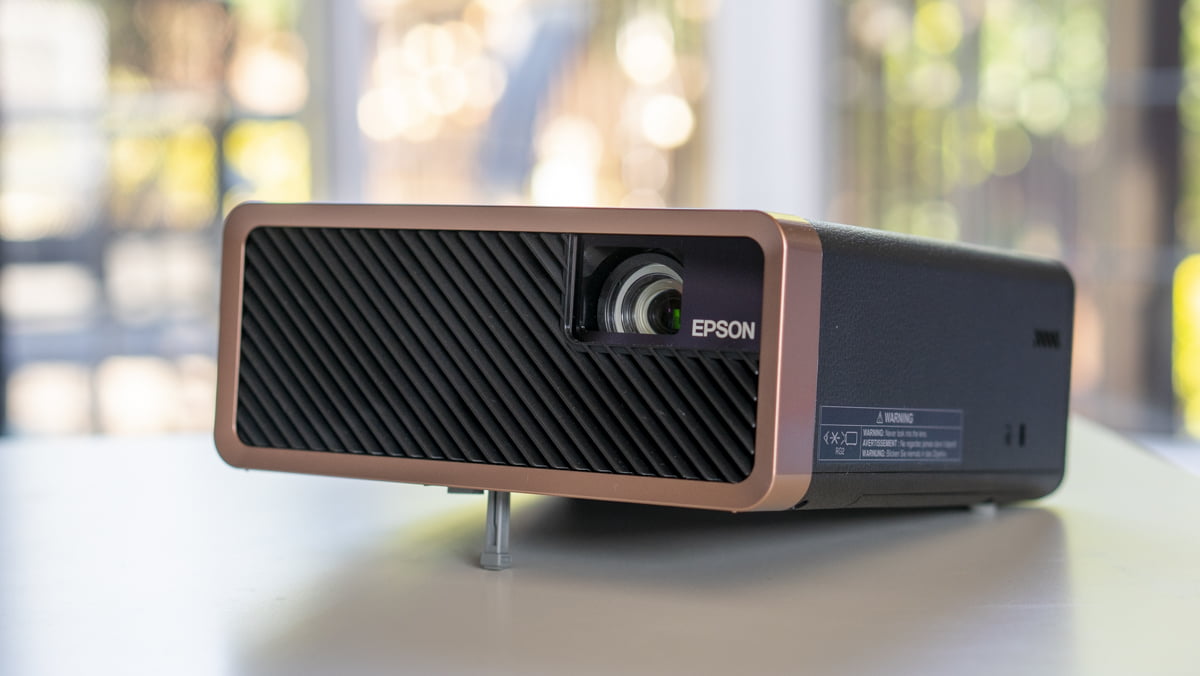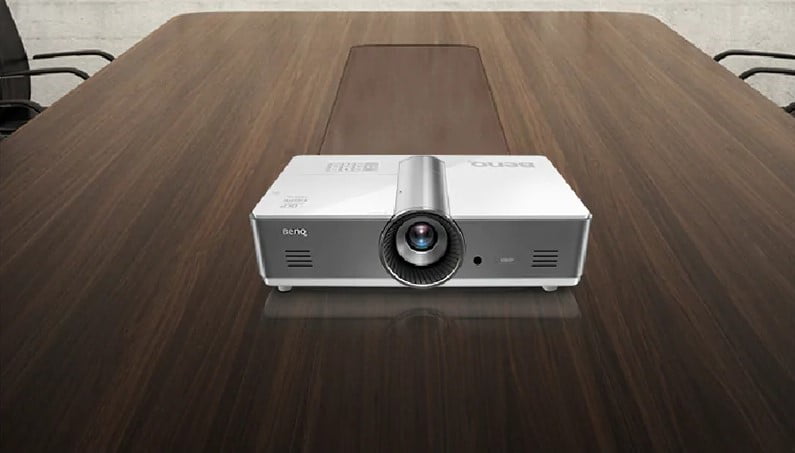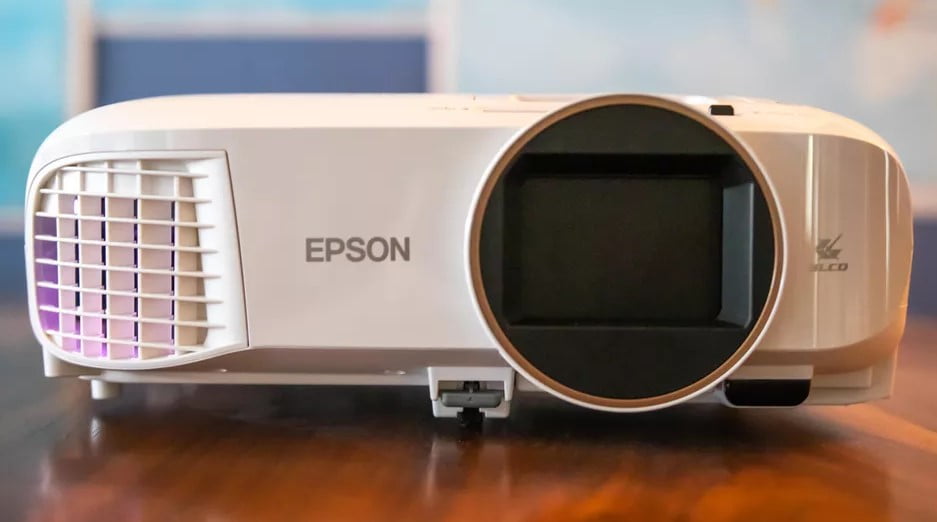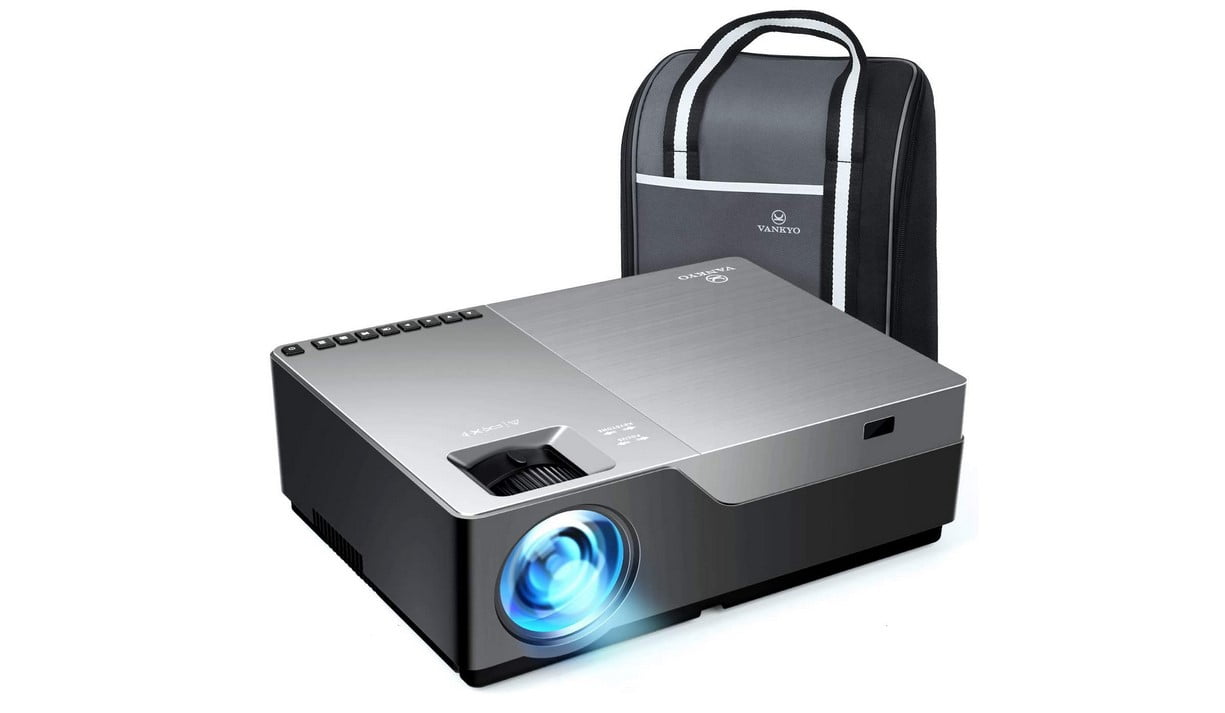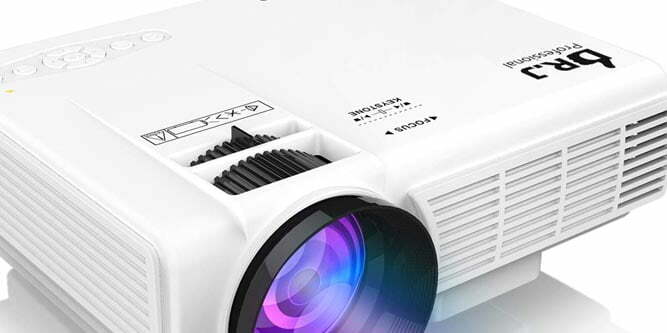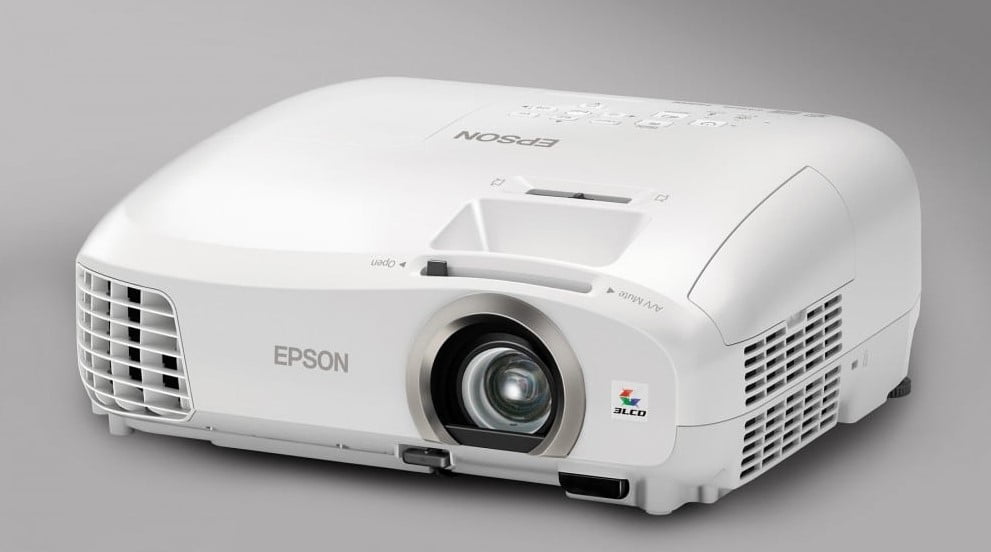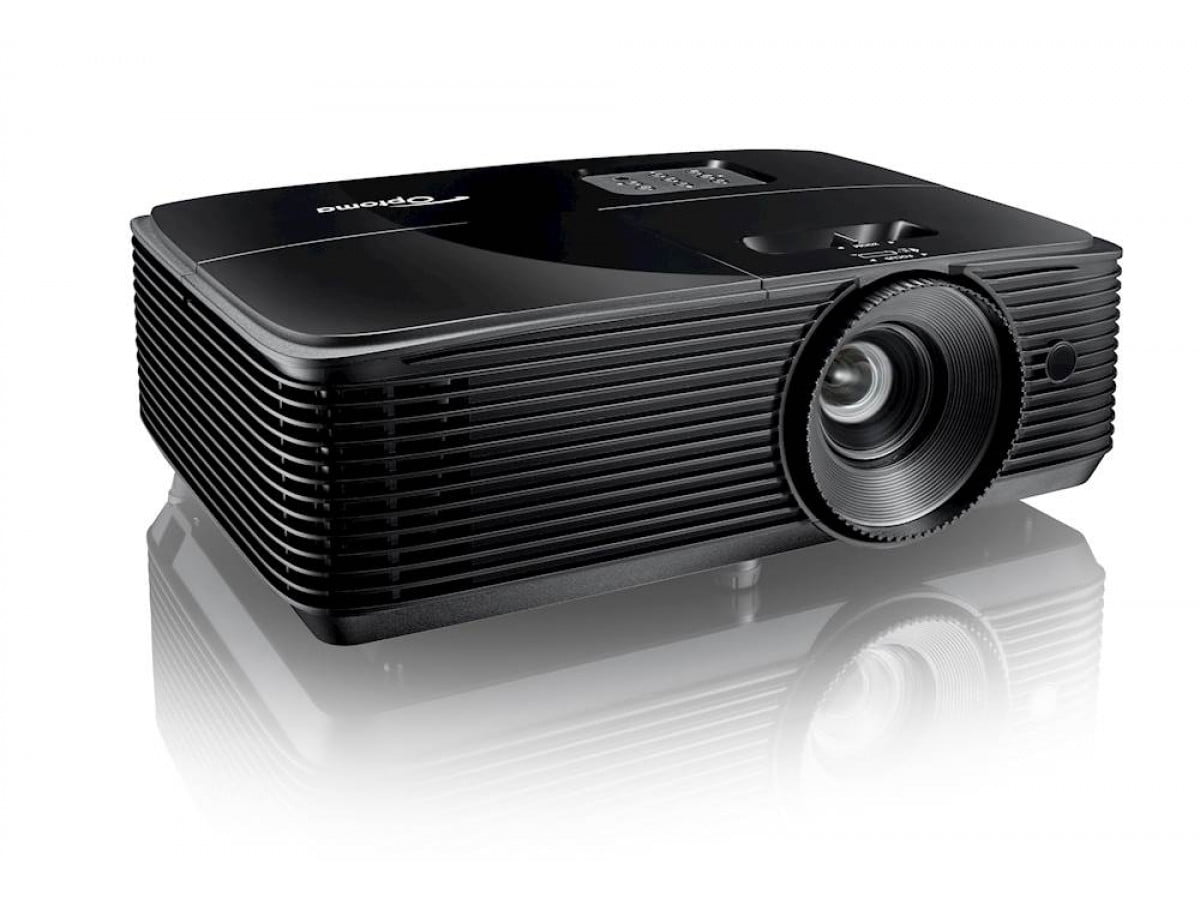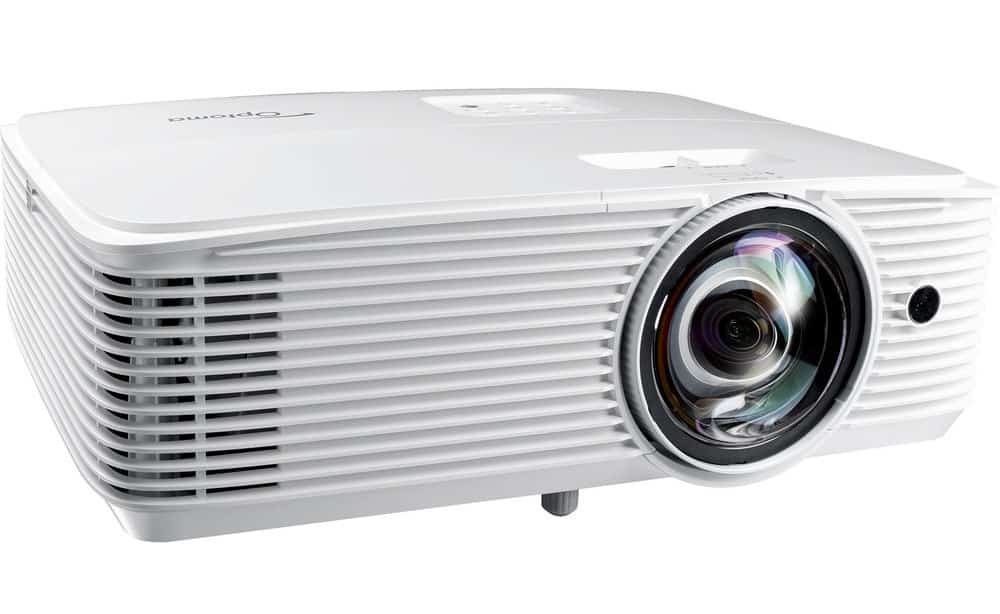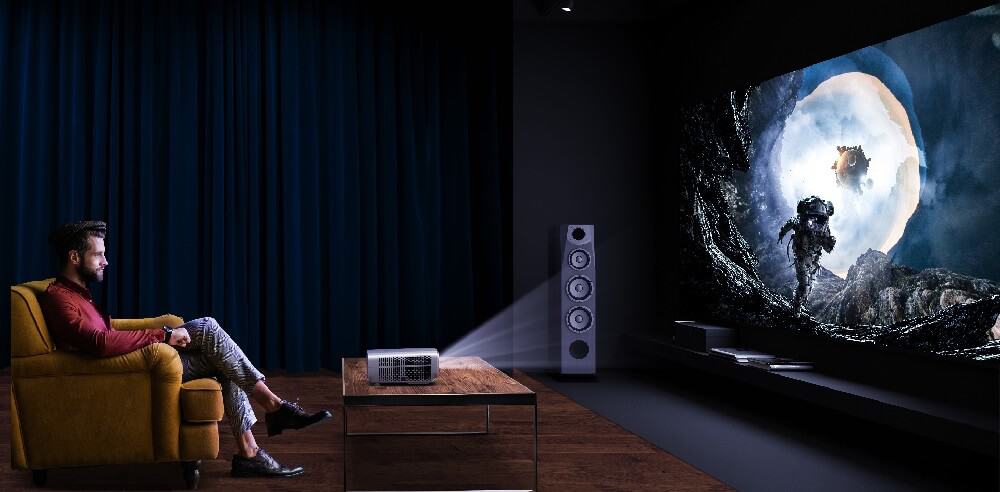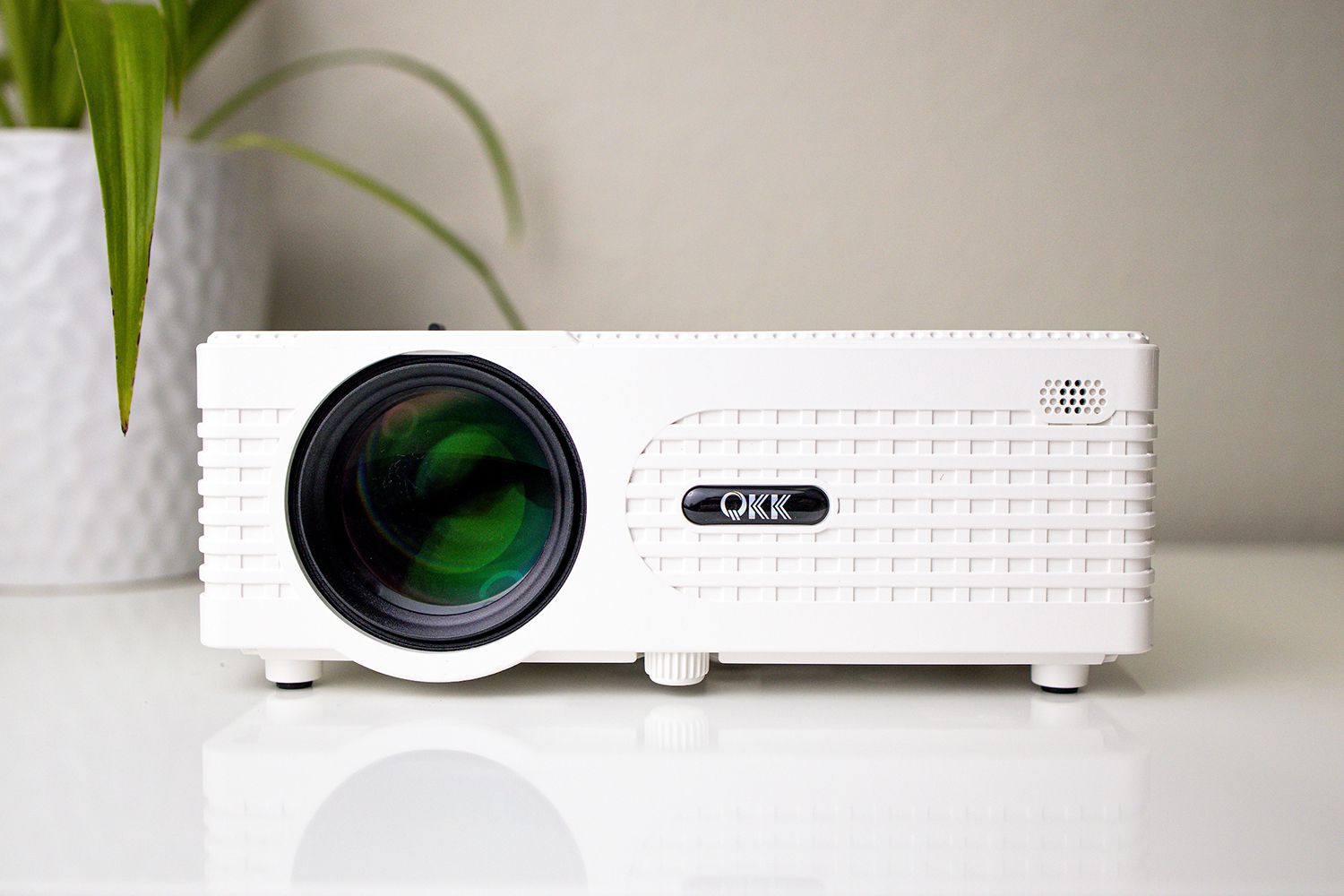Comparing lux vs lumens in a projector requires an understanding of these two similar but fundamentally different technical terms. While both of them are photometric units of measurement, there are some significant differences. This article will serve as a quick guide to get you ready for purchasing a new projector. Why is this important? Well, there are several projector models on the market, and you’ll need this information to accurately decide on the best projector for you. Digital projectors, theatre projectors, and all other types rely on lumens and lux to perform.
KEY TAKEAWAYS:
- Lumens essentially refer to luminous flux, which is defined as the light levels produced by your projector over a unit of time.
- Lux is similar to lumens rating but refers to brightness in terms of how bright a projected image appears when spread out over the surface area of your screen.
- Both lux and lumens are considered SI-based units used to measure brightness levels and are often used in conjunction with one another.
Comparing Lux and Lumens
Lux and lumens are closely related, but while they are both relevant to projectors, each one measures light in a slightly different way. Using both helps determine if your projector of choice has the luminous intensity to overcome existing ambient light. For example, knowing how many lumens are in an outdoor projector lets you see if it would be a good model to use outside.
However, also knowing which projector connections, such as VGA vs HDMI, work best in an outdoor setting is also useful.
Insider Tip
Business projectors are a fantastic addition to any office that will drive engagement for your teams. But before you buy, you can compare some high-end brand projectors like the BenQ HT5550 vs Epson 5050UB, to find the right one for you.
Why These Units of Measurement are Important
Neither unit is notably better than the other as a measurement. Instead, they work together to determine whether a light source is genuinely bright enough to overcome ambient lighting. They measure the same light source but provide two different aspects of it. Of course, luminosity isn’t the only thing you need to get excellent image quality from your projector. Knowing how to improve color accuracy with a projector will help immensely.
Defining Lux and Lumens
Luminous flux is the amount of light emitted per second in all directions by a light source. Luminous flux is measured in lumens, so the lumens rating of a projector describes how bright a light it can produce. In other words, it describes how strong the projector’s beam of light is.
However, you don’t use a projector without a screen, and this is where lux comes in. Lux describes the brightness of that same beam of light once it’s spread out across the screen.
Which Is More Accurate for Light Projection?
While measuring the brightness of your projector’s light source is great, it doesn’t give you the complete picture. Light loses brightness as it travels through the air. This is why the lux rating is a far better indicator of your projector’s image quality.
F.A.Q.S
What level of brightness should portable projectors have?
When it comes to portable projectors, you want a relatively high light output. You’ll never be able to compare with models like theatre projectors, but they should at least be reasonably high. We recommend at least 500 lumens for fairly dark locations, but more is always better. For locations with some unavoidable ambient light, 2,000 lumens or higher is recommended.
How can I tone down ambient light around projector screens?
Ambient light can spell disaster for excellent viewing conditions. Locate all light sources in the room, such as light bulbs, and either remove, turn off, or significantly dim them. Covering all windows as best you can and limiting reflective surfaces will help, as well.
Do I need a high-lumen projector for my lifestyle?
It really depends on the location in which you plan on using your projector. If it’s a fairly dark, small space, a lower-lumen rating of 500 lumens will be fine. For large spaces or areas that will have some ambient light, a projector with 2,000 lumens or more is best. Higher lumens translate to brighter on-screen images.
Does screen size matter when it comes to image quality?
A large screen might increase visibility simply through size. However, the intensity of light emitted from your projector matters far more. Device resolution is the real determining factor.
STAT: Lumens are related to lux in that one lux is one lumen per square meter. (source)
REFERENCES:
Warning
While visible light is ordinarily harmless, high-intensity light output can be damaging to your eyes.

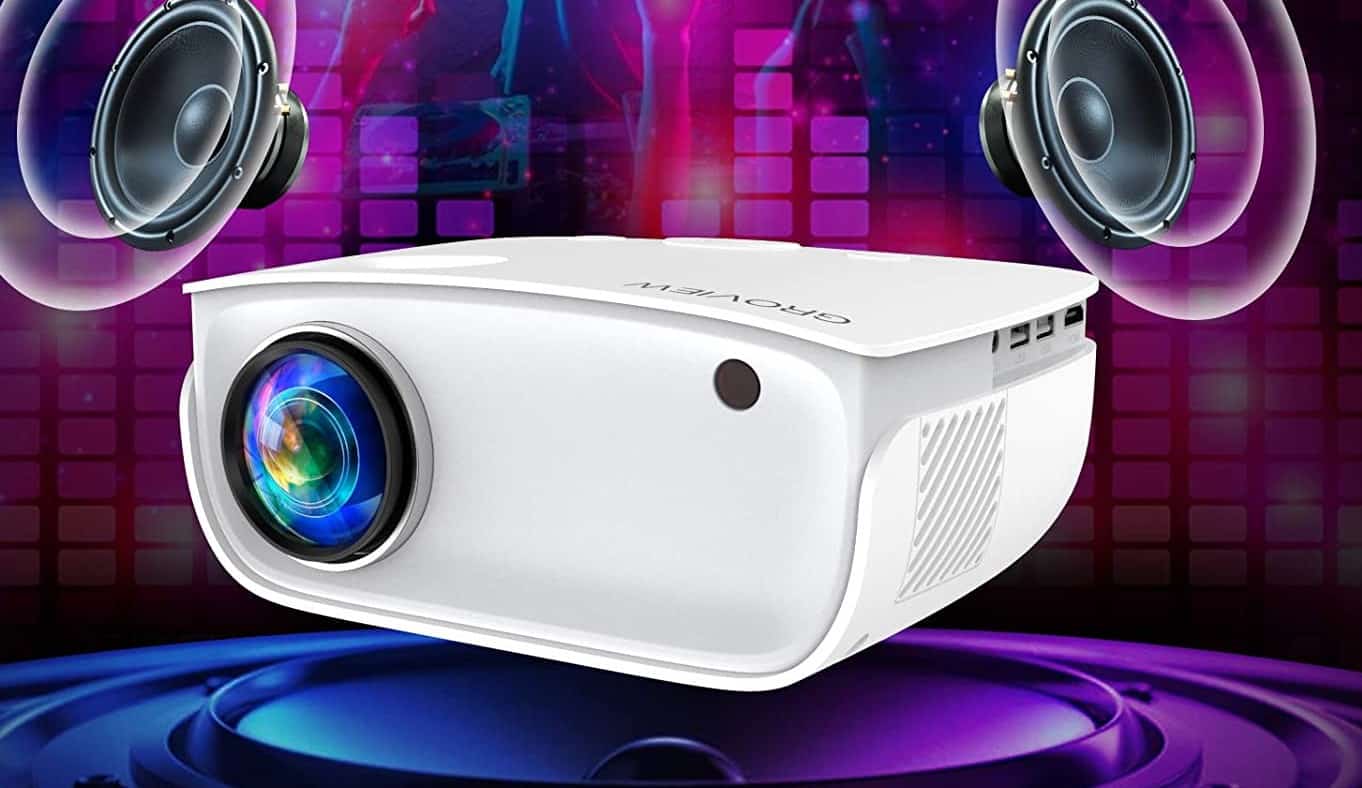

















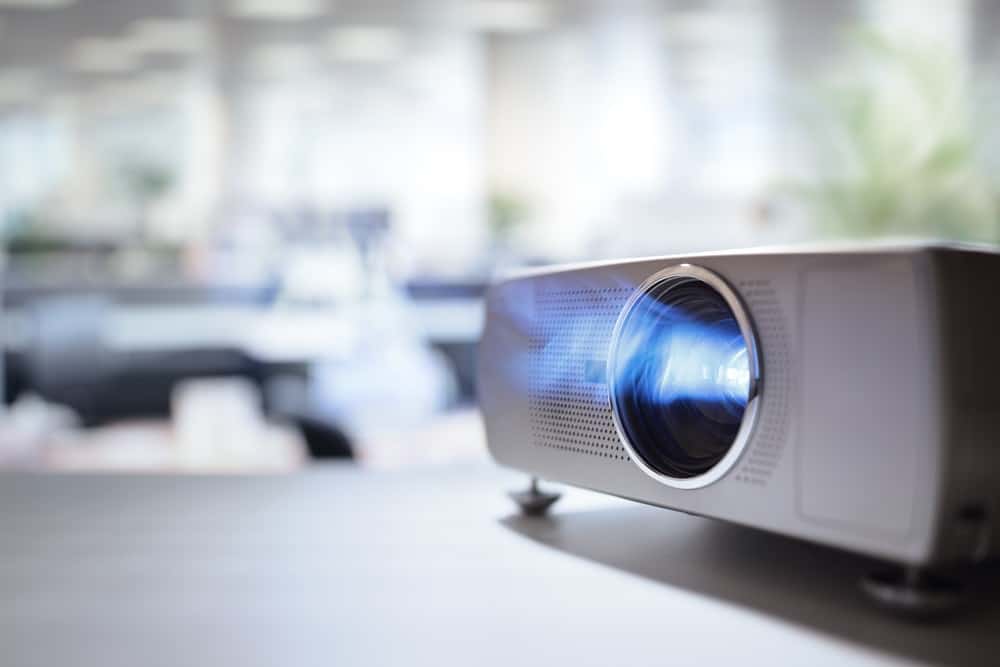
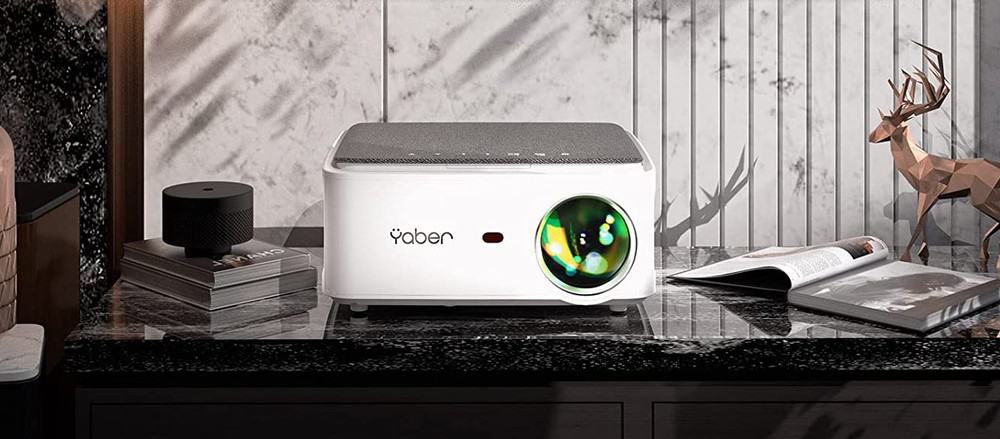



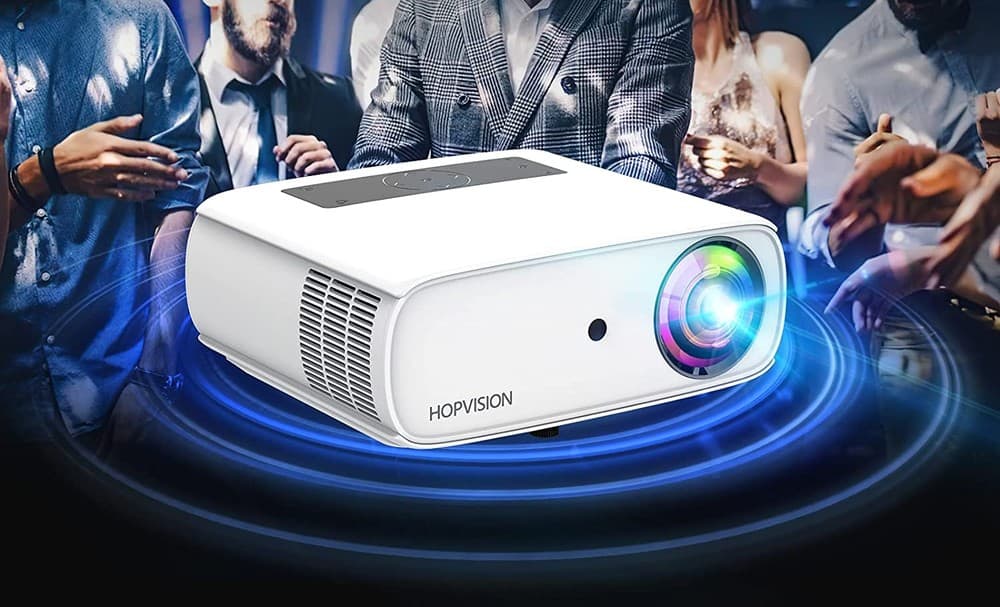



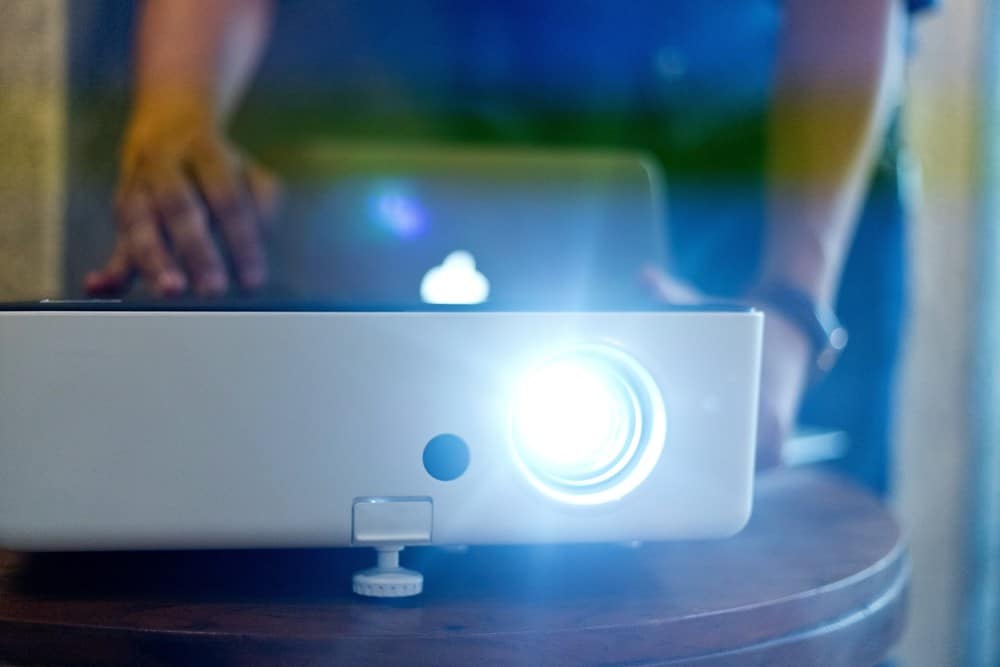

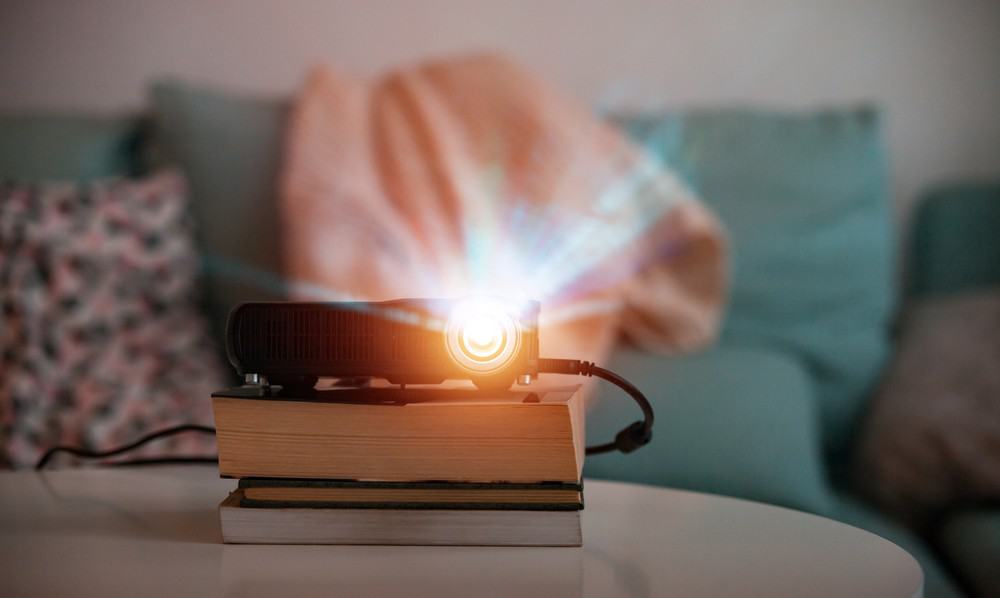
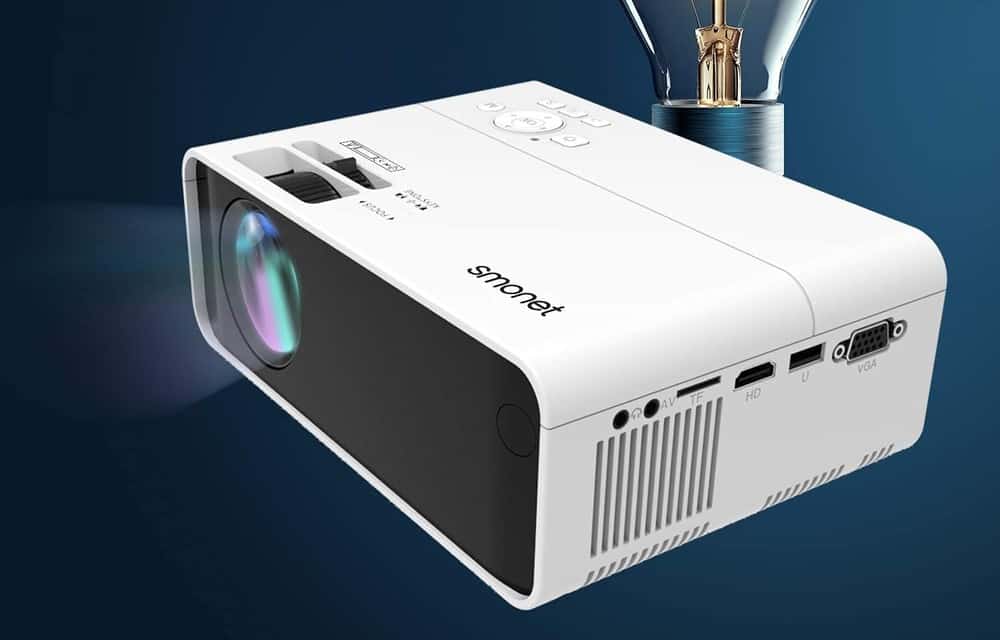


![Best Projectors for Daylight Viewing in [year] 27 Best Projectors for Daylight Viewing in 2025](https://www.gadgetreview.dev/wp-content/uploads/best-projector-for-daylight-viewing-image.jpg)
![Best Samsung Projectors in [year] 28 Best Samsung Projectors in 2025](https://www.gadgetreview.dev/wp-content/uploads/best-samsung-projectors-image.jpg)
![Best NEC Projectors in [year] 29 Best NEC Projectors in 2025](https://www.gadgetreview.dev/wp-content/uploads/best-nec-projectors-image.jpg)
![Best Acer Projectors in [year] 30 Best Acer Projectors in 2025](https://www.gadgetreview.dev/wp-content/uploads/best-acer-projectors-image.jpg)
![Best Quiet Projectors in [year] 31 Best Quiet Projectors in 2025](https://www.gadgetreview.dev/wp-content/uploads/best-quiet-projector-image.jpg)
![Best Projectors for Golf Simulator in [year] 32 Best Projectors for Golf Simulator in 2025](https://www.gadgetreview.dev/wp-content/uploads/best-projector-for-golf-simulator-image.jpg)
![Best Conference Room Projectors in [year] 33 Best Conference Room Projectors in 2025](https://www.gadgetreview.dev/wp-content/uploads/best-conference-room-projector-image.jpg)
![Best InFocus Projectors in [year] 34 Best InFocus Projectors in 2025](https://www.gadgetreview.dev/wp-content/uploads/best-infocus-projectors-image.jpg)
![Best Mini Projector in [year] ([month] Reviews) 35 Best Mini Projector in 2025 (January Reviews)](https://www.gadgetreview.dev/wp-content/uploads/best-mini-projector-image.jpg)
![Best Panasonic Projectors in [year] 36 Best Panasonic Projectors in 2025](https://www.gadgetreview.dev/wp-content/uploads/best-panasonic-projectors-image.jpg)
![Best Sony Projectors in [year] 37 Best Sony Projectors in 2025](https://www.gadgetreview.dev/wp-content/uploads/best-sony-projectors-image.jpg)
![Best Projector Stands in [year] 38 Best Projector Stands in 2025](https://www.gadgetreview.dev/wp-content/uploads/best-projector-stand-image.jpg)
![Best Ultra Short Throw Projectors in [year] 39 Best Ultra Short Throw Projectors in 2025](https://www.gadgetreview.dev/wp-content/uploads/best-ultra-short-throw-projector-image.jpg)
![Best Projectors for a Living Room in [year] 40 Best Projectors for a Living Room in 2025](https://www.gadgetreview.dev/wp-content/uploads/best-projector-for-living-room-image.jpg)
![Best RCA Projectors in [year] 41 Best RCA Projectors in 2025](https://www.gadgetreview.dev/wp-content/uploads/best-rca-projectors-image.jpg)
![Best Optoma Projectors in [year] 42 Best Optoma Projectors in 2025](https://www.gadgetreview.dev/wp-content/uploads/best-optoma-projectors-image.jpg)
![Best BenQ Projectors in [year] 43 Best BenQ Projectors in 2025](https://www.gadgetreview.dev/wp-content/uploads/best-benq-projectors-image.jpg)
![Best Projectors for Church in [year] 44 Best Projectors for Church in 2025](https://www.gadgetreview.dev/wp-content/uploads/best-projector-for-church-image.jpg)
![Best Projectors for Classroom in [year] 45 Best Projectors for Classroom in 2025](https://www.gadgetreview.dev/wp-content/uploads/best-projector-for-classroom-image.jpg)
![Best Epson Projectors in [year] 46 Best Epson Projectors in 2025](https://www.gadgetreview.dev/wp-content/uploads/best-epson-projector-image.jpg)


